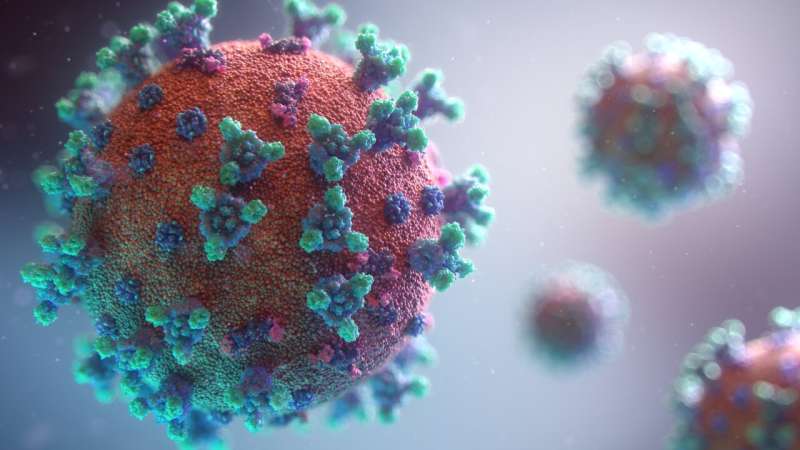#Organ damage for 59% of patients with long COVID continues a year after initial symptoms

Table of Contents
“Organ damage for 59% of patients with long COVID continues a year after initial symptoms”

A new comprehensive study of organ impairment in long COVID patients over 12 months shows organ damage persisted in 59% of patients a year after initial symptoms, even in those not severely affected when first diagnosed with the virus.
The study, published in the Journal of the Royal Society of Medicine, focused on patients reporting extreme breathlessness, cognitive dysfunction and poor health-related quality of life. 536 long COVID patients were included in the study. 13% were hospitalized when first diagnosed with COVID-19. 32% of people taking part in the study were healthcare workers.
Of the 536 patients, 331 (62%) were identified with organ impairment six months after their initial diagnosis. These patients were followed up six months later with a 40-minute multi-organ MRI scan (Perspectum’s CoverScan), analyzed in Oxford.
The findings confirmed that 29% of patients with long COVID had multi-organ impairment, with persistent symptoms and reduced function at six and twelve months. 59% of long COVID patients had single organ impairment 12 months after initial diagnosis.
A member of the research group, Professor Amitava Banerjee, Professor of Clinical Data Science at the UCL Institute of Health Informatics, said, “Symptoms were common at six and twelve months and associated with female gender, younger age and single organ impairment.”
The study reported a reduction in symptoms between six and 12 months (extreme breathlessness from 38% to 30% of patients, cognitive dysfunction from 48% to 38% of patients and poor health-related quality of life from 57% to 45% of patients).
Professor Banerjee added, “Several studies confirm persistence of symptoms in individuals with long COVID up to one year. We now add that three in five people with long COVID have impairment in at least one organ, and one in four have impairment in two or more organs, in some cases without symptoms.”
He said, “Impact on quality of life and time off work, particularly in healthcare workers, is a major concern for individuals, health systems and economies. Many healthcare workers in our study had no prior illness, but of 172 such participants, 19 were still symptomatic at follow-up and off work at a median of 180 days.”
The underlying mechanisms of long COVID remain elusive, say the researchers, who did not find evidence by symptoms, blood investigations or MRI to clearly define long COVID subtypes. They say that future research must consider associations between symptoms, multi-organ impairment and function in larger cohorts.
Prof Banerjee concluded, “Organ impairment in long COVID has implications for symptoms, quality of life and longer-term health, signaling the need for prevention and integrated care for long COVID patients.”
More information:
Amitava Banerjee et al, Multi-organ impairment and long COVID: a 1-year prospective, longitudinal cohort study, Journal of the Royal Society of Medicine (2023). DOI: 10.1177/01410768231154703
Citation:
Organ damage for 59% of patients with long COVID continues a year after initial symptoms (2023, February 14)
retrieved 14 February 2023
from https://medicalxpress.com/news/2023-02-patients-covid-year-symptoms.html
This document is subject to copyright. Apart from any fair dealing for the purpose of private study or research, no
part may be reproduced without the written permission. The content is provided for information purposes only.
If you liked the article, do not forget to share it with your friends. Follow us on Google News too, click on the star and choose us from your favorites.
For forums sites go to Forum.BuradaBiliyorum.Com
If you want to read more Like this articles, you can visit our Science category.




